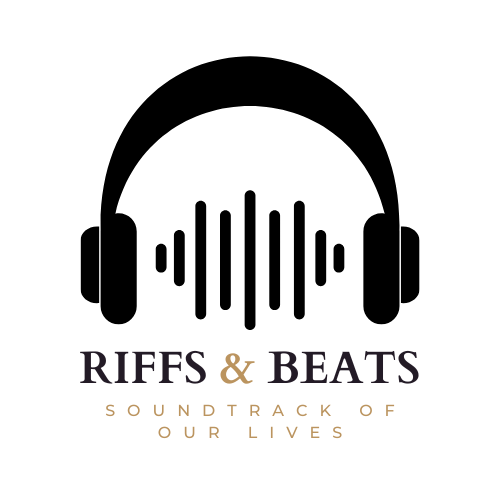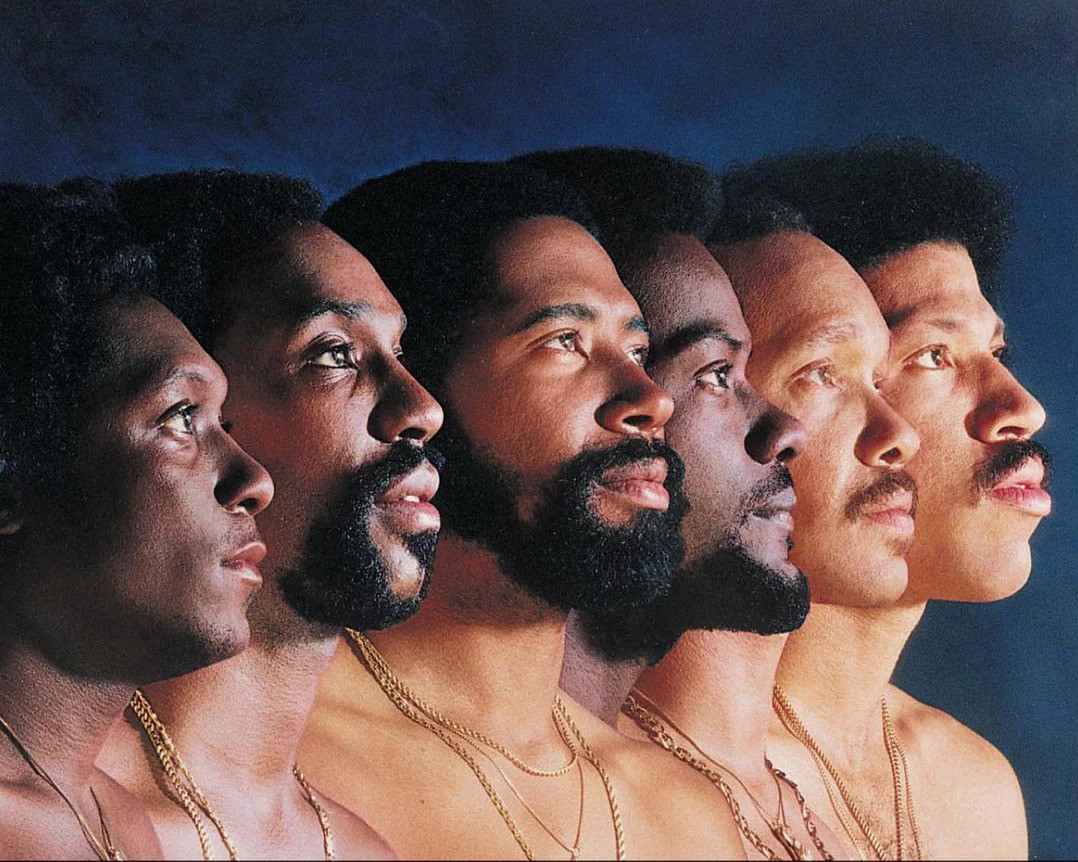The soul ballad that opened every door
Holding Back the Years has a subtle, unsaid ache. Carried by Mick Hucknall’s voice, which appears to hover somewhere between reflection and surrender, it glides gently, a faint tide of unresolved emotion. Written when he was just 17, the song follows its roots to his childhood in Manchester, where Hucknall was raised by his father after being abandoned by his mother. This song is born from silence, from what goes unsaid between people, and from a longing to know how time has affected us.
Originally sung with his short-lived group The Frantic Elevators, the song was subsequently redone by Simply Red and put on their first album Picture Book in 1985. Climbing the charts slowly, it finally peaked at No. 1 in the United States in 1986. Its restraint set it above and beyond. The arrangement allowed the voice to carry the narrative. A muted horn here, a sharp guitar phrase there; all give room for breath and memory. This wasn’t meant to explode in a ballad. It was meant to preserve itself.
Though Hucknall co-wrote the ultimate version with Neil Moss, it’s Hucknall’s performance that gives the song life. In his line “Nothing had the chance to be good,” the weight of his singing seems real, not showy. His method of conveying information is never overused. It gets power from vulnerability, from the conflict between letting go and holding back. The melody is straightforward, circling just enough to reflect how unexpected old ideas return.
Holding Back the Years is a haunting ballad that showcases Mick Hucknall’s soulful vocals and the band’s sophisticated pop sound.
(Billboard, 1986)
By addressing something universal, Holding Back the Years found its voice rather than through theatricality. It struck boardrooms and bedrooms, car radios and long walks home. It didn’t fit with any specific trend or scene. It just remained. Simply Red provided something slower and closer in a time when neon and noise abound. Not minimal, but balanced. A song that let listeners discover their own echoes in its breaks.
The track survives because it gives permission. long after the incident has passed, to have sensations. Not rush toward settlement. To allow a voice to express what we occasionally cannot. Holding Back the Years does not call for compassion. It provides appreciation. And occasionally a song is designed precisely to accomplish that.





